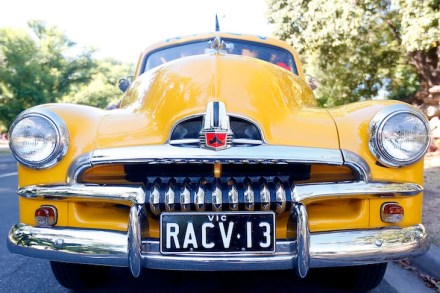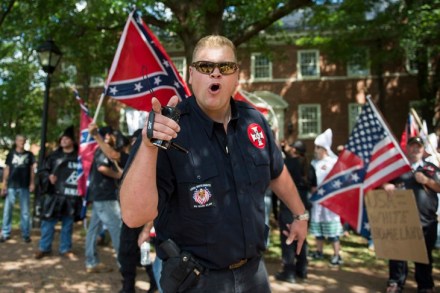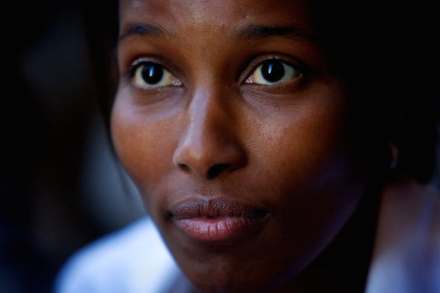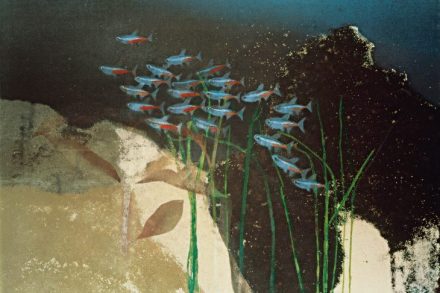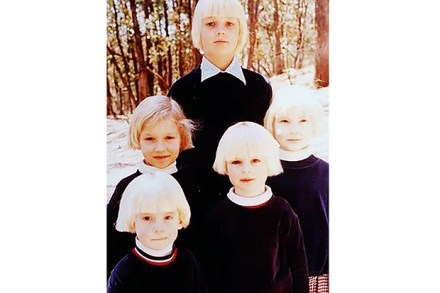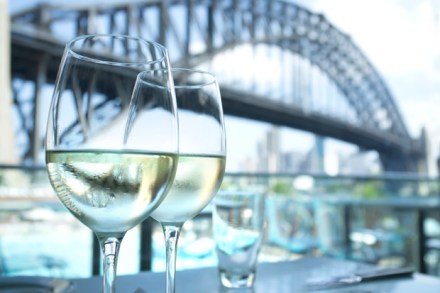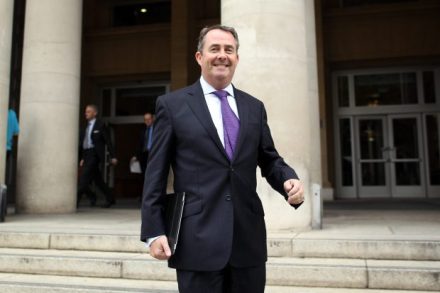Australia notebook
I went to Australia with my constant companion Hilary, the only woman in England I’m not paying alimony to. She is also my spirit guide, and can get me through airports by simply waving her phone at various machines. I’m ashamed to say I still expect my ticket to be punched by a ticket collector, and my suitcase marked with a chalk cross by a cheerful customs officer. ‘No smutty arts books from Paris I hope, sir?’ We start the day (I have no idea what day it is, owing to jet lag) having breakfast at the Bathers’ Pavilion on Balmoral beach. It could be California in 1935, so charming is it.


